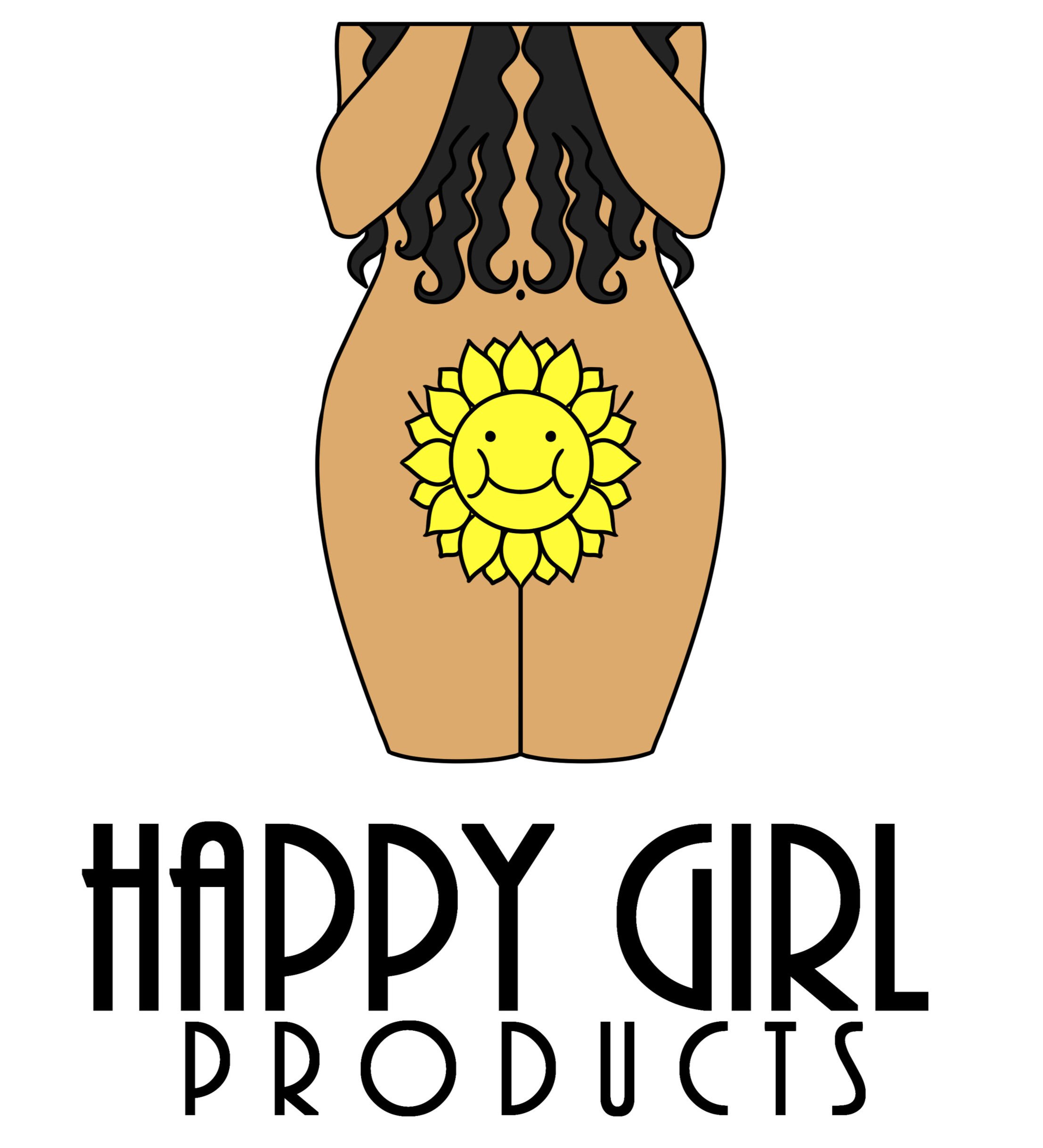Feeling Off In the Fem-Zone Since Turning 35? Find Out Why!
Menopause is not a word we want to hear in our 30s or early 40s, but have you heard of perimenopause?
Menopause most commonly begins between the ages of 45 and 55, but some women have reported the initial stages of menopause, or perimenopause, beginning while they’re in their 30s. Perimenopause is the transitional period into menopause where your period becomes irregular, less estrogen is produced, and you begin to experience the symptoms of menopause. During menopause, your period stops. In perimenopause, your period may become irregular while you still experience other symptoms.
The average length of perimenopause is 4 years, but it can last as long as 8-15 years. You are out of the perimenopause stage when you have not had a period for 12 consecutive months. Hormone levels tend to fluctuate during perimenopause, leaving you with a rollercoaster of up-and-down emotional levels…enter crazy face emoji.
What is Menopause?
Menopause is the gradual decline in a woman’s reproductive organs as they get older (thank you, mother nature). You’re fully in the stage of menopause after you’ve gone 12 months without a period. During this time, women often experience a multitude of symptoms such as:
brain fog
anxiety
fatigue
weight gain
insomnia
hot flashes
mood changes
vaginal dryness
heavy sweating
We don’t like to think of menopause as your body degrading – we like to think of it as just another transformation. It doesn't have to be a scary or frightening stage – it’s just an unfamiliar one. Your body continues to support you and provide for all your needs, and that’s pretty damn awesome! We included a couple of natural hacks for you that may help you through this phase.
Natural Hacks
There are natural hacks that may help ease your symptoms of perimenopause and menopause itself. A glass of chocolate soy milk with two tablespoons of flaxseed is a deliciously yummy way to help add estrogen back into your body.
In high doses, broccoli, cabbage, kale, and brussel sprouts can also aid in balancing hormones and adding estrogen to the body. Many women find relief in using a supplement like DIM (short for diindolylmethane).
Hormone therapy is an option for women struggling during their menopause transition. Your doctor can prescribe estrogen in the form of a pill, skin patch, gel, or even a cream to treat symptoms of menopause. However, synthetic estrogen alone can increase the risk of cancer as well as heart disease and stroke. Estrogen combined with progestin can be more balanced and reduce this risk, but it does not eliminate the risk entirely.
Natural remedies can often be a safer and more beneficial way of treating particularly nasty menopause symptoms. Black cohosh, a plant in the buttercup family, has reported benefits of easing mild hot flashes, night sweats, and lowering blood pressure. Soy, flaxseed, and topical vitamin E oils also work in adding natural estrogen to ease symptoms. Exercise, such as yoga, as well as meditation can help ease irritation and anxiety and lead to better sleep.
Menopause can be a sucky transition in life’s beautiful transformation, but it’s important to know you’re not alone! These new symptoms can be confusing and hard to navigate, so stay connected with your doctor as well as other women who have gone or are going through this same transition. If you’re not getting anywhere with your conventional doctor, try a functional medicine or naturopathic doctor that specializes in balancing hormones.
How do you fight back against menopause symptoms and stay feeling beautiful? Let us know in the comments below?
Like this? Sign up here.
The author.
Allison Kindley is a Digital Media Production & Journalism student at Flagler College in St. Augustine, Florida. She loves working with Team Happy Girl because she gets to inform others on feminine wellness, learn every day, write creatively, and empower women.

